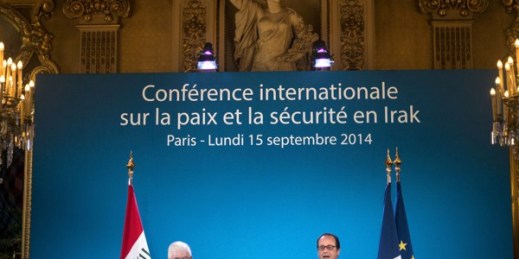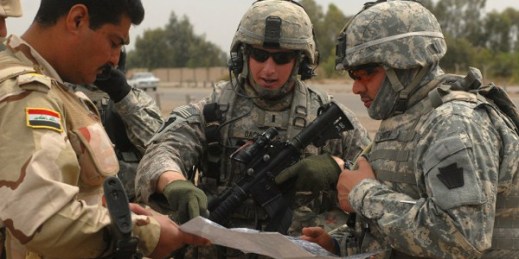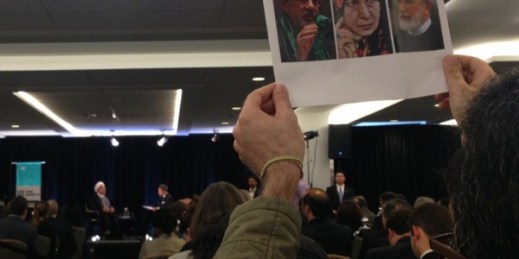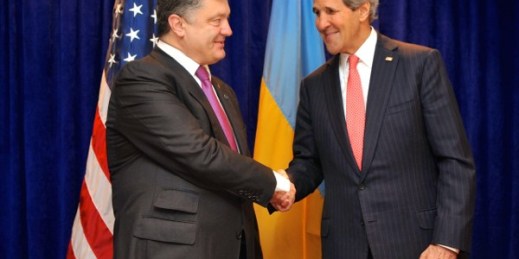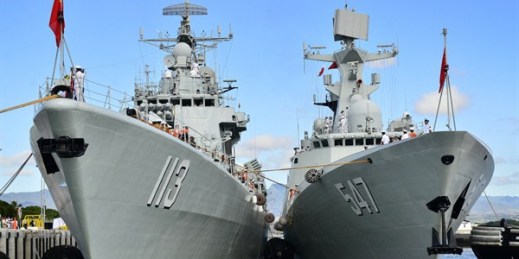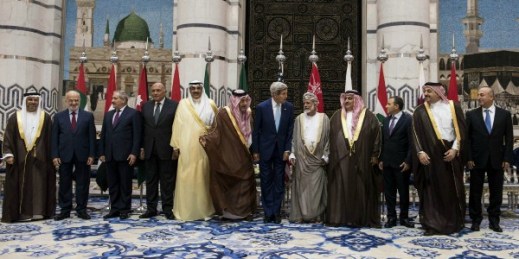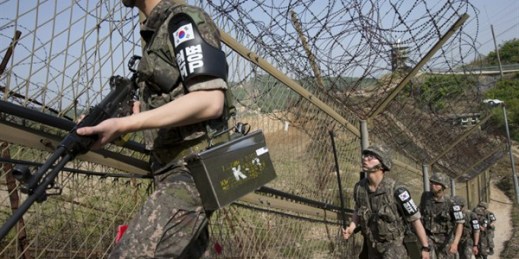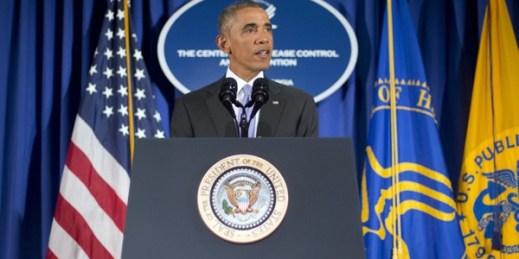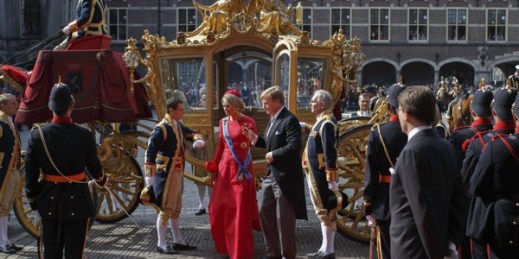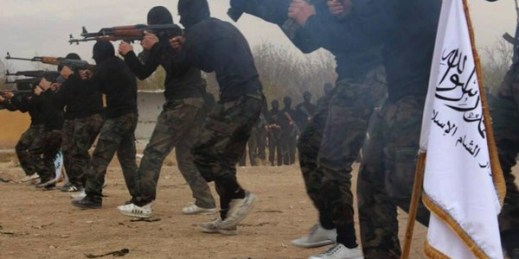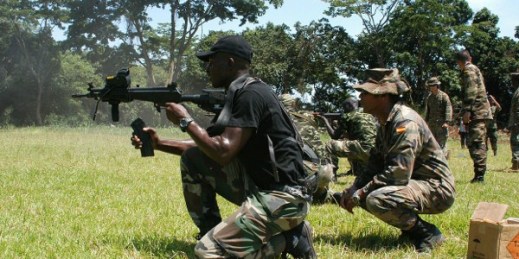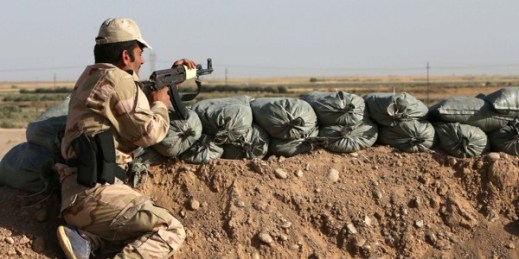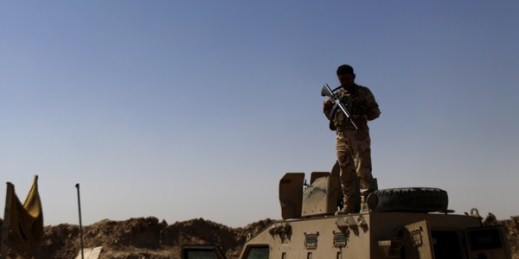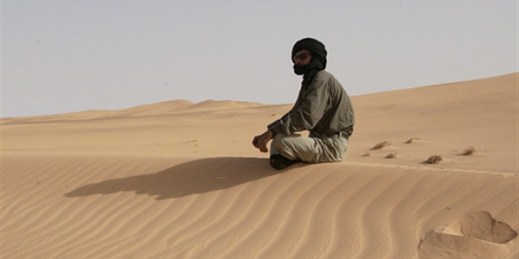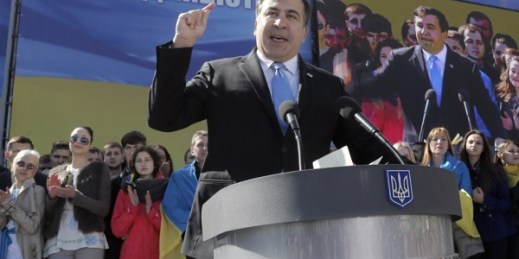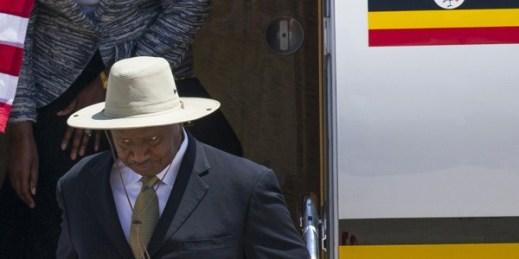
Last month, senior diplomats from Uganda and the Democratic Republic of Congo met to discuss bilateral relations, specifically a $10 billion fine the International Court of Justice levied on Uganda in 2005 over its incursions into the DRC. In an email interview, Gaaki Kigambo, a journalist in Uganda, discussed current efforts to improve relations between Uganda and the DRC. WPR: What is the history of Uganda’s intervention in the DRC’s wars since the 1990s? Gaaki Kigambo: Uganda first entered the Democratic Republic of Congo—then called Zaire—in 1996, apparently in hot pursuit of rebels from the Allied Democratic Forces (ADF) who […]

